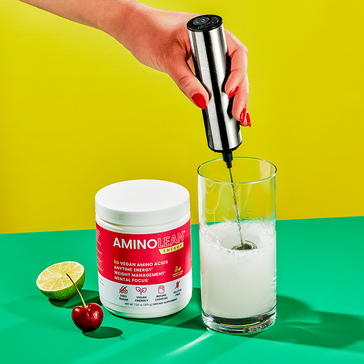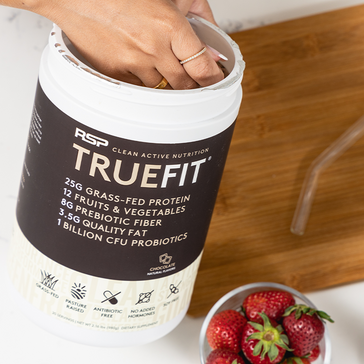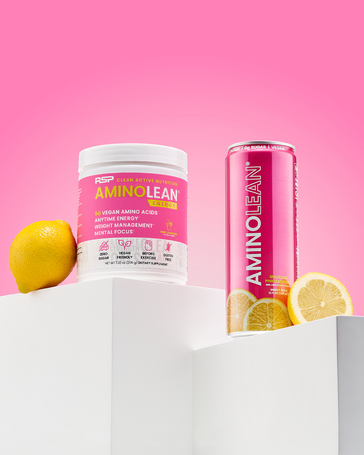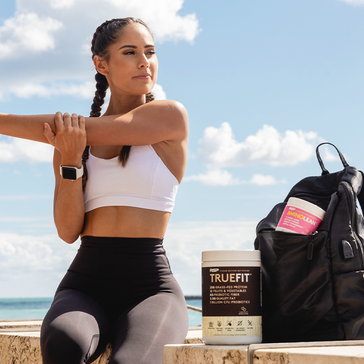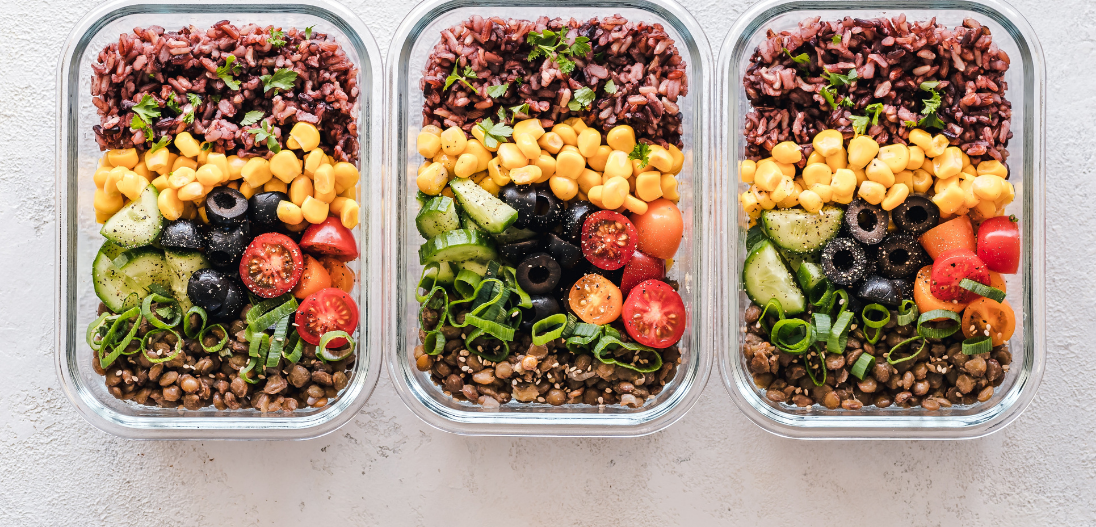By Registered Dietician Tony Castillo
If you’ve ever tried to lose weight, you may have heard that you need to go into a calorie deficit.
But what exactly is a calorie deficit and why is it necessary for weight loss?
Calories are units of energy you obtain from what you eat and drink. No matter what you’re doing, you’re constantly burning calories throughout the day - something that’s referred to as energy expenditure.
Your body’s energy expenditure can be split into 4 separate components:
- Resting energy expenditure: The calories your body uses at rest for it to function and keep you alive.
- Thermic effect of food: The calories your body uses to digest, absorb, and metabolize.
- Active energy expenditure: When you use calories during exercise.
- Non-exercise activity thermogenesis: Movement or activity that isn’t exercise, like when you fidget or do a chore.
If you provide your body with fewer calories than it needs to support those 4 components, then it’s put into a calorie deficit. Doing this for a long enough amount of time causes weight loss.
Regularly consuming more calories than it needs is called a calorie surplus and typically leads to weight gain.
How to calculate your calorie deficit needs
For most people, a deficit of 500 calories per day can be sustainable for weight loss and is unlikely to cause issues like hunger or low energy. To do this, you need to know your maintenance calories, or how many calories your body needs to support the energy expenditures you do.
Tracking your calorie intake and weight for 10 days is the best way to get an estimate of your maintenance calories. For those 10 days, you’d weigh yourself at the same time with either all your clothes on or nothing at all. At the end, you would divide the total number of calories you consumed by the average intake then subtract by 500.
Let’s say you learn your maintenance calories are 2,000. Your new daily calorie intake while in a deficit would be 1,500.
As you lose weight, your maintenance calories will decrease over time and you need to adjust based on your weight goals.
To ensure you’re at a healthy weight loss, the adequate intake for women who are in a calorie deficit is no less than 1,200 calories per day. For men, it’s no less than 1,500 calories per day.
Achieving a calorie deficit in a sustainable way
It’s common for dieters to regain any weight they’ve lost, maybe more. This means whatever diet strategy they’re using isn’t designed to deliver long-term results. They may also go through a yo-yo cycle where the diet works for a month, but then they revert back to old habits.
Approaching a calorie deficit in a sustainable way helps to avoid both of these.
One piece you should focus on is exercise. It’s important to prioritize muscle strengthening activities to help you lose body fat and increase muscle mass. A healthy recommendation is to do 150-300 minutes of moderate exercise per week to help with weight loss.
Additionally, you want to focus on your diet by staying mindful of what you eat. This doesn’t mean you need to eliminate certain foods completely; you just want to consume less. Here are a few ways you can do this:
- Don’t drink your calories. Cut back on any sodas, fruit juices, specialty coffees, and alcoholic beverages you drink.
- Limit processed foods. Things like chips, fast food, and desserts are highly palatable, but also high in calories. Swap these out for more whole, natural foods (like fruits and veggies).
- Eat more home-cooked meals. When you eat out, you’re not necessarily going to know how your food is prepared. Making meals at home allows you to have more control over what you eat. If you’re pressed for time and are unable to make a meal, a healthy alternative is to try a meal replacement. RSP Nutrition’s grass fed whey TrueFit meal replacement powder has 25g of grass fed protein, 12 organic fruits and vegetables, 8g of prebiotic fiber, and probiotics. They also have TrueFit plant protein powder which has the same ingredients as their grass fed whey, but is suitable for a vegan diet!
A calorie deficit can help with weight loss, but it’s important to do so in a healthy, sustainable way so you’re getting the results you want and still fueling your body.
